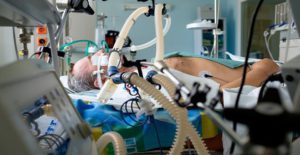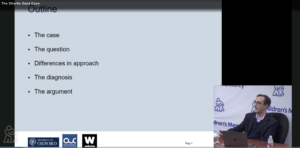Press Release: Tafida Raqeeb, International Disagreement and Controversial Decisions About Life Support
by Dominic Wilkinson @Neonatalethics
This week the legal case around medical treatment for five-year old Tafida Raqeeb has begun in the High Court. She sustained severe brain damage from bleeding in the brain seven months ago. Her parents wish to take her to a hospital in Italy for further treatment, while the doctors at the London hospital caring for her believe that it would be best to stop life support and allow Tafida to die.
In a previous press release, I addressed several common questions about the case:
- This seems to be another case like that of Charlie Gard and Alfie Evans. How common are cases of disagreement in the medical care of children?
- Why do disagreements occur?
- Why don’t parents have the final say about treatment?
- Who is right in Tafida’s case, her parents, or the doctors?
There appear to be two central questions in her case –
- Is there any realistic chance of her condition improving if life-support continues?
- If Tafida’s condition does not improve, should treatment to keep her alive continue, or should it stop (particularly, if her parents do not give permission to withdraw treatment)?



